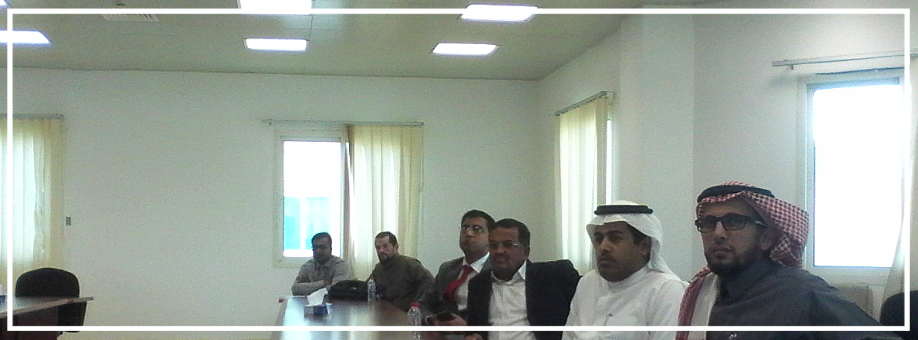Environmental Ethics: An Exploration of Islamic Literature
At the seminar held on February 14, 2018, organized by Language Research Center, at the Faculty of Languages and Translation, Dr. Haseeb Ahmed delivered a presentation titled Environmental Ethics: An Exploration of Islamic Literature. His presentation was primarily centered on key Islamic principles of relevance to environmental ethics and protection.
The presentation commenced with significant environmental issues related to pollution and contamination. In this regard, he focused on ecological chasms created by the hazardous emission of excessive greenhouse gases. Among the effects he showed, global warming is worth mentioning. Owing to global warming, the sea level is continuously increasing, and consequently, several islands may be uninhabitable within decades. He discussed well-known international summits and conferences (e.g., Kyoto Protocol 1997, Marrakesh Accords 2001) that were held to address the alarming changes in the environment.
The second half of his presentation emphasized the Islamic literature perspectives on environmental protection. The implication was that, if people adhered to the Islamic beliefs on environmental awareness and protection of natural resources from the very beginning, we would not have faced such catastrophes. While focusing on Islamic literature, he quoted some verses from the Holy Qur’an that emphasize man’s role as a trustee of nature. He also quoted the Prophet Mohammad (PBUH) who advised us not to spoil nature and pre-eminent scholars who wrote about the environment and their juristic principles.
The presentation was very informative, and it successfully encouraged the participants to rethink our raison d’etre in an effort to save the environment.
Date: 2/15/2018
Source: MD Adil



